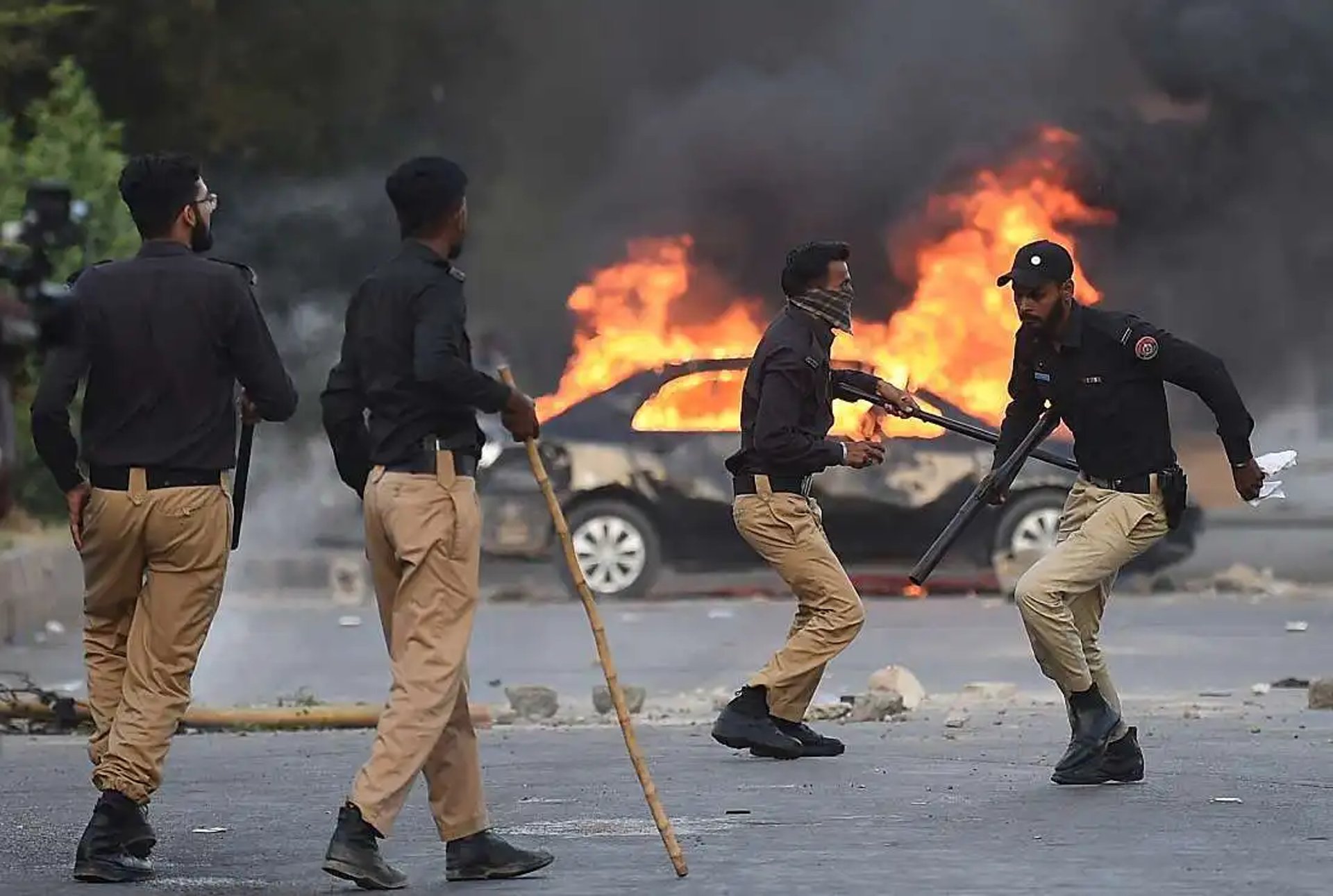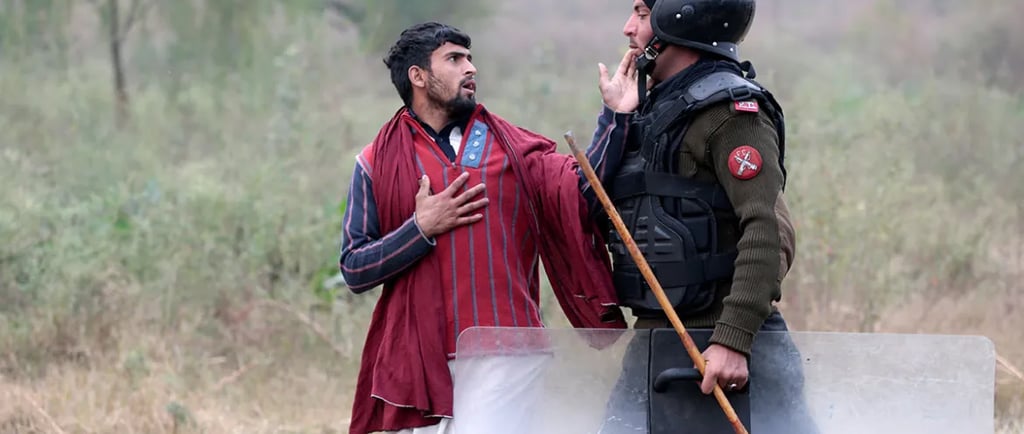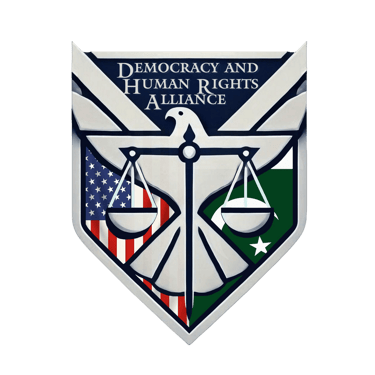
Empowering Voices: The Fight for Democracy and Human Rights in Pakistan
Addressing police brutality in Pakistan requires a concerted effort from the government, civil society, and international partners. Upholding the rule of law and protecting human rights are essential for fostering a just and democratic society where citizens feel safe and respected by those sworn to protect them.
LANDING
5/8/20242 min read


Empowering Voices Together
Police Brutality in Pakistan: The Reality in 2024
Police brutality continues to be a severe human rights concern in Pakistan, with 2024 witnessing a disturbing rise in abuses, torture, and violations by law enforcement agencies. Here’s a detailed overview with the latest statistics.
1. Deaths and Torture in Police Custody
As of mid-2024, over 27 individuals have reportedly died due to torture while in police custody, according to the Human Rights Commission of Pakistan(HRWatch).
Research by the Justice Project Pakistan (JPP) revealed that police torture remains widespread and systematic, with forms of brutality including beatings, electric shocks, forced stress positions, and psychological torture(JPP).
2. Widespread Arrests and Intimidation
In response to political protests and dissent, over 10,000 political activists and opposition party members were arrested nationwide in 2024 without due process or fair trials. Many were detained under vague charges such as "threatening public order," raising concerns about the misuse of police power(HRWatch).
Journalists and human rights activists continue to face arbitrary arrests, with instances where individuals have been detained and charged with sedition merely for reporting or protesting against state actions.
3. Targeting of Vulnerable Communities
Minority groups, including ethnic and religious minorities, have been disproportionately affected by police brutality, with at least 130 reported cases of violence against Christian communities and over 65 incidents against Ahmadiyya places of worship(HRWatch).
In many cases, the police have failed to protect these communities adequately and have even been implicated in condoning or participating in the violence.
4. Lack of Accountability and Legal Action
Despite thousands of complaints filed against police officers, less than 5% of cases have led to disciplinary action or prosecution, reflecting a culture of impunity within the force(HRWatch).
The conviction rate for cases involving police torture or brutality remains exceedingly low, with most cases dismissed due to insufficient evidence, lack of witnesses, or political pressure.
5. Violence Against Women and Girls
Reports indicate that over 10,000 cases of violence against women were registered with the police in the first half of 2024. However, the actual number is likely much higher due to underreporting caused by fear of retribution, social stigma, and distrust in the justice system(HRWatch).
The conviction rate for rape cases remains less than 3%, showcasing the deep-rooted failures within law enforcement and judicial systems to protect women from violence and bring perpetrators to justice.
Our Response at the Democracy and Human Rights Alliance
The Democracy and Human Rights Alliance is at the forefront of advocating against police brutality in Pakistan. We are committed to:
Documenting Cases: Gathering detailed data on incidents of police violence and torture to raise awareness and push for accountability.
Providing Legal Support: Assisting victims of police brutality with legal representation to ensure they receive justice.
Advocating for Reforms: Engaging with policymakers to implement laws that protect citizens' rights, ensure transparency, and hold law enforcement agencies accountable.
Together, We Can End Police Brutality
We urge the public, civil society, and the international community to join us in demanding justice and accountability. Together, we can create a Pakistan where law enforcement protects, not harms, its citizens.


